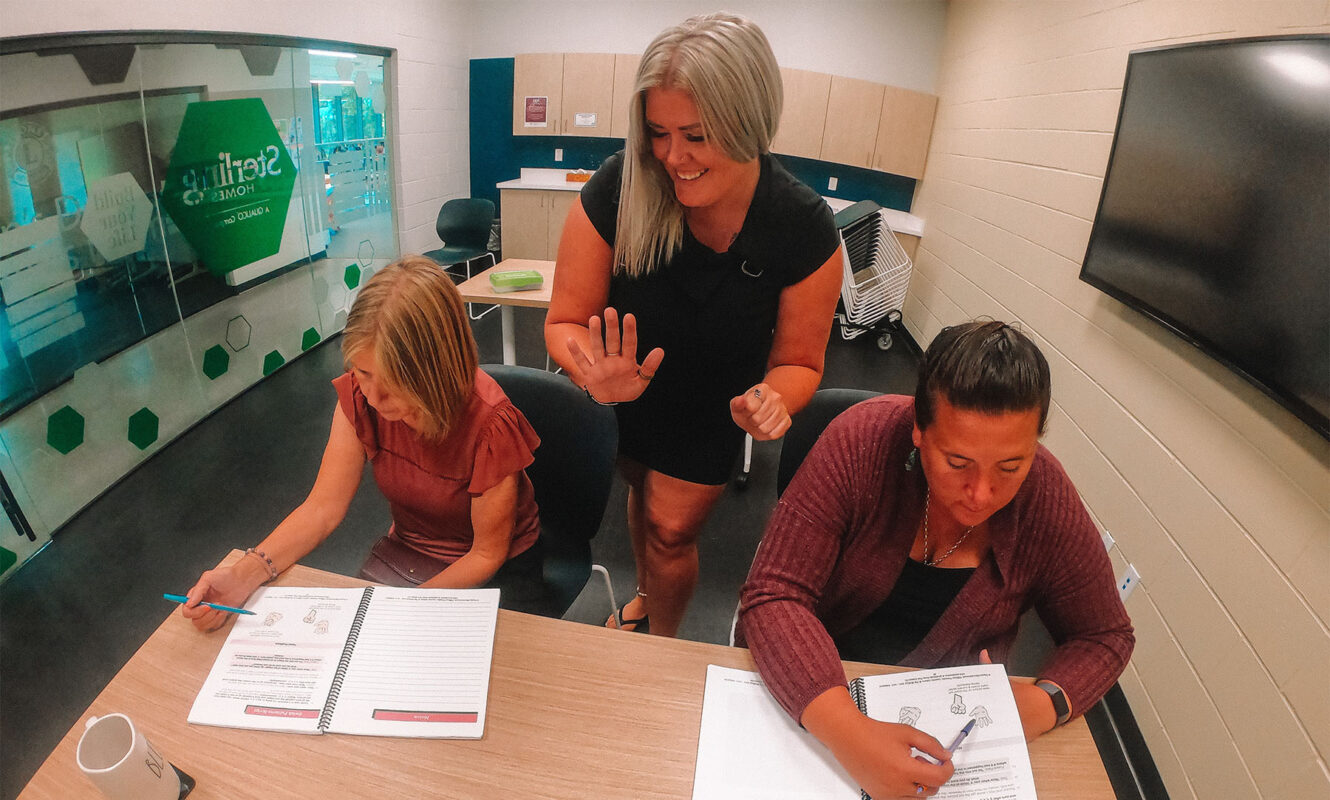Editor & Mindset Coach, Tanya Lleigh
You have probably heard people say that you can influence your actions through changing the way that you think. What you may not know is that this works through a phenomenon called neuro linguistics programming. Let’s take a look at this and how it can help you in your life.
What is Neuro Linguistics Programming?
Neuro linguistics programming was originally conceptualized in the 1970’s by John Grinder, a linguist, and Richard Bandler, a self-help consultant, information scientist & mathematician. They detailed the connection between the language people use and their neurological connections.
As you likely know, your brain forms millions of connections between its synapses. These connections control how we think and process information. The creators found that our language can strengthen certain connections, leading us to think and behave in ideal way.
They also discovered that our current beliefs, experiences, memories, and emotions mixed with the language we use had a direct impact on the programs we carry with us throughout our lives.
Thus, neuro linguistics programming, when applied, refers to a way where language can be used to foster mental connections that lead to ideal outcomes. It has been used in fields as diverse as psychotherapy, leadership training, and athletics to help people overcome problems or succeed in their goals.
An Example of Neuro Linguistics Programming
There are many different ways that people can incorporate neuro linguistics programming to help them meet their goals. One good example involves using it to reframe negative thoughts. Let’s say that a person struggles with negative self-confidence.
Using neuro linguistics programming, they would learn to examine their negative thoughts around this idea. If they were to perform poorly on a work task, they may tend to think, “I’m not good at my job” or “I always mess things up.”
Using neuro linguistics programming, they would examine that assumption and belief in order to get a more realistic grasp of the situation. For example, they would consciously recall times they succeeded at work. They could also assess the reasons behind the poor performance in this situation. Ultimately, the goal would be to reframe the situation and come away thinking something like, “I am a good employee who can improve in this specific area.”
How Neuro Linguistics Programming Can Help You
There are many different ways of applying neuro linguistics programming to your life. Here are some of the more popular methods.
Imagery
Perhaps the most used method is through imagery training. This is what happens when you visualize yourself succeeding at a specific task. Picture your body language and your attitude. Next, mimic that. This technique is used by athletes, executives, and many people.
Modeling
This technique involves working to model the behaviors of individuals who possess specific skills you wish to embody. For example, you may mirror how a role model motivates their employees to improve your success as a manager. You may model how someone communicates with others to strengthen your relationships.
Incantations
This technique is a lot like having a personal mantra. Think of it like a verbal form of imagery. For example, someone with an anxiety disorder may learn to think to themselves, “There is no reason to be anxious right now” when they feel unrealistic anxiety coming on. Over time, incantations can rewire the brain. In this case, the goal would be to become less anxious.
Leadership
Using language patterns to understand how to communicate and to empower yourself, your social circle and those within your industry. Building rapport and connections with others to ensure ideal outcomes for everyone involved.
Belief Modification
This technique involves working with the current believes that are holding your back and the way they are wired into your unconscious. Shifting the neurons that are currently working together and creating an undesired behaviour to a pattern that alters the behaviour in way that works for you. This is commonly used by coaches, guiding clients through limiting beliefs.
Coaches Recommendations
Are you a coach? Join Our MLC Community

